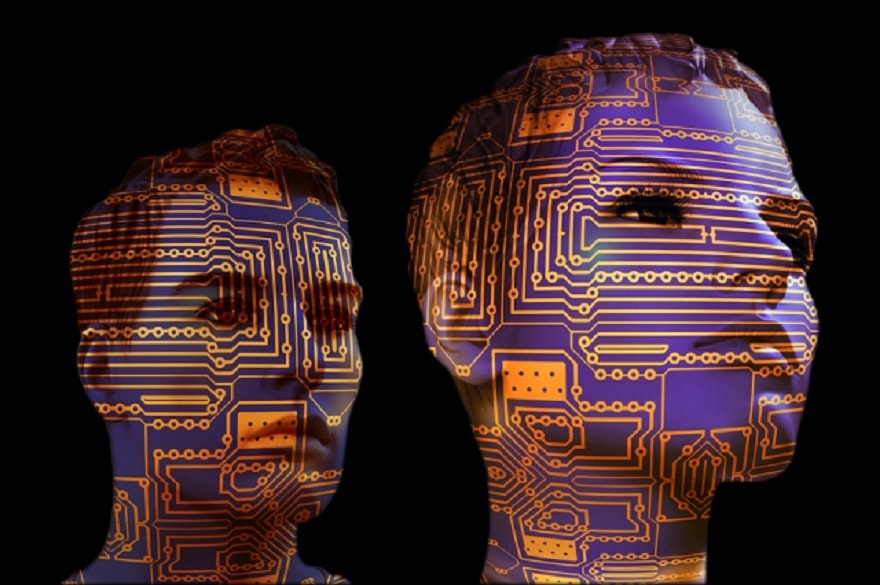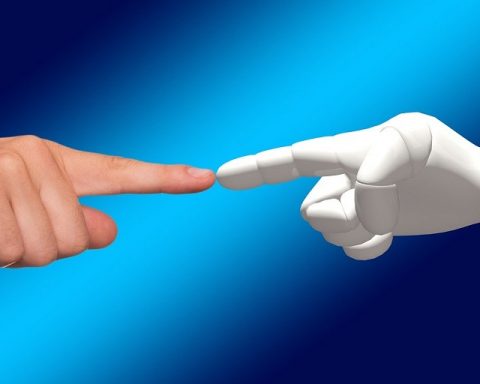
Lack of digital skills is a new form of illiteracy."Neelie Kroes, former Vice-President of the European Commission
Doubling the pace of training would significantly reduce the proportion of jobs threatened by automation.
Employees are positive about the impact of new technologies on their work and are willing to train to adapt.
READ ALSO IN UP' : Taking advantage of the digital revolution
Some ideas for reflection
Conference on the digital revolution (third edition of "Monde d'emploi") on Monday 6 February, from 18 h to 21 h, at Val Saint-Martin, in Pornic (44). Admission is free.












